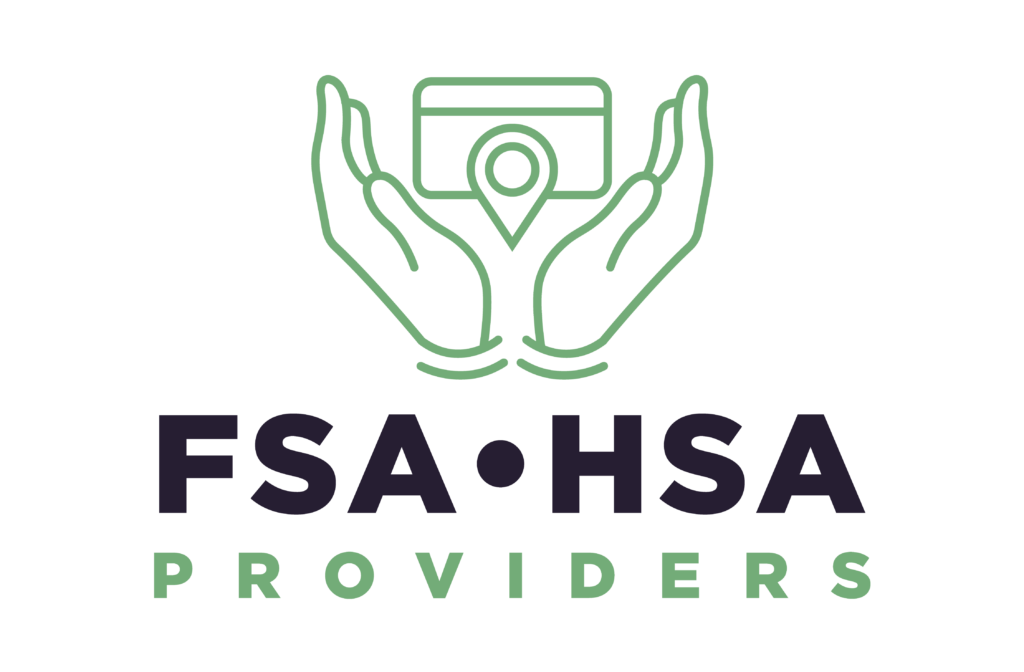Health Savings Accounts (HSAs)
What is a Health Savings Account (HSA)?
Last Updated: June 2, 2025A Health Savings Account (HSA) is a special savings account you can use for health care expenses. It offers triple tax advantages: contributions are made pre-tax (or tax-deductible), the money in the account grows tax-free, and withdrawals are tax-free when used for qualified medical costs. Think of an HSA like a 401(k) for healthcare – it helps...
How HSAs Work
Last Updated: June 2, 2025An HSA is owned by you, the account holder – not by your employer. You (and your employer or anyone else) can contribute money up to an annual limit set by the IRS. In 2025 the HSA contribution limit is $4,300 for self-coverage, $8,550 for a family, with an additional $1,000 catch-up allowed if you’re 55 or...
HSA Eligibility
Last Updated: June 2, 2025To contribute to an HSA, you must be enrolled in a High-Deductible Health Plan (HDHP) This is an insurance plan with a higher deductible than standard plans. You generally cannot have other comprehensive health coverage (like a standard health plan or general-purpose Flexible Savings Account (FSA) alongside an HSA. You also cannot be enrolled in...
HSAs and Taxes
Last Updated: June 2, 2025Tax Benefits Contributions to an HSA are pre-tax This means the contribution are taken from your gross income, reducing your taxable income (i.e. you don’t pay federal income tax, Social Security, or Medicare taxes on HSA payroll contributions). Any interest or investment earnings in the HSA are also tax-free. Withdrawals are tax-free as long as they are used...
Investing HSA Funds
Last Updated: June 2, 2025Many HSA providers allow you to invest your HSA money in mutual funds or other investments once your balance exceeds a certain threshold. This means your HSA can grow over time, similar to a 401(k). Any investment gains are tax-free, as long as they stay in the account. Investing your HSA can be a great...
HSA Rollover and Portability
Last Updated: June 2, 2025Unused HSA funds roll over automatically each year There is no “use-it-or-lose-it” rule. Your HSA balance stays with you indefinitely until you spend it. You own the HSA, so if you change jobs or health plans, the money is still yours to use for future medical expenses. This makes HSAs a powerful long-term savings tool for...
